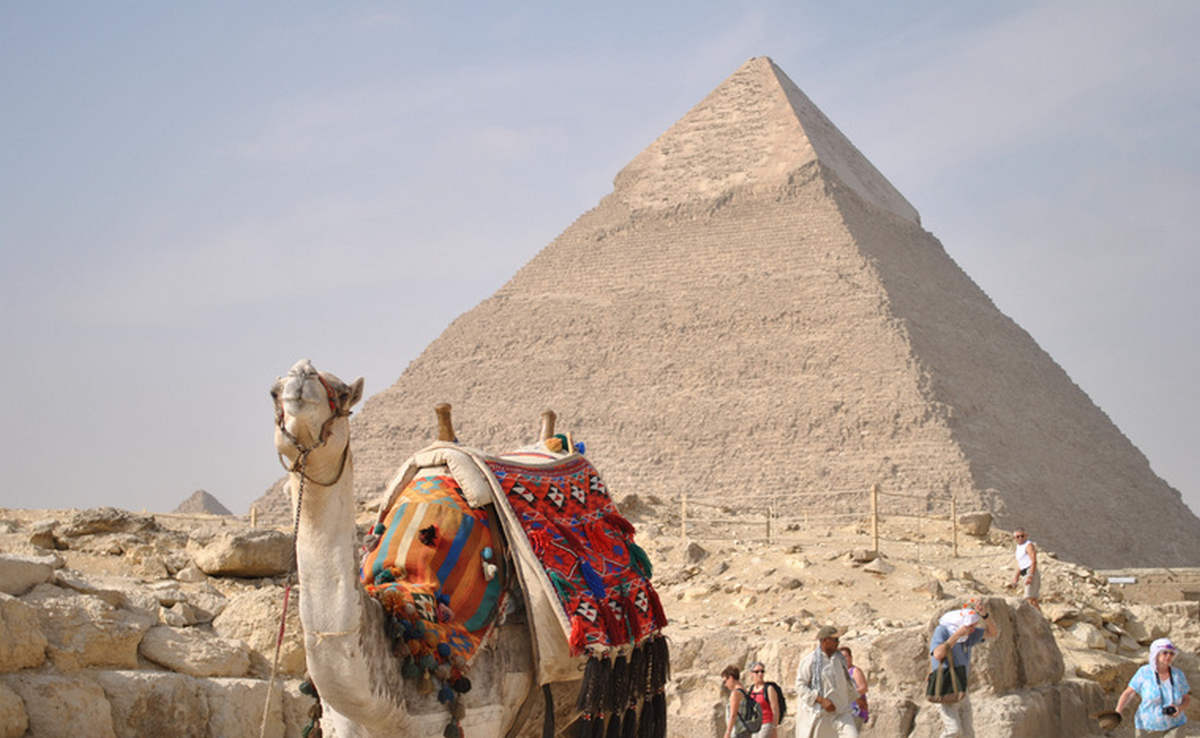For the first time in many years, Egyptian President Abdel Fattah al-Sisi has lifted a nationwide state of emergency. A statement on its abolition was made on Monday. “Egypt has become an oasis of security and stability in the region thanks to its great and loyal people. Therefore, for the first time in many years, I have decided to lift the continuation of the state of emergency throughout the country, Egyptian media quoted him as saying.
In this case, a state of emergency was declared almost five years ago, namely – it was declared in April 2017 after two terrorist attacks in churches, which killed dozens of people, then it was continued for reasons of combating terrorism. However, in general in Egypt, periods of state of emergency have been declared periodically since the time of President Mumbarak, in particular in connection with terrorist attacks against tourists. We will remind the main of them:
- The first known terrorist attack in Egypt against foreign tourists was committed on November 17, 1997, right on the territory of one of the ancient monuments. Then at 8:30 a group of 58 tourists was brought by tourist bus to the Hatshepsut Temple in Luxor. After entering the territory of the monument, 6 armed Islamists disguised as Egyptian security officers ran to its entrance and shot a policeman and two ticket agents. Four terrorists rushed in pursuit of tourists, and two remained to guard the entrance. Catching up with the tourists, the Islamists began shooting them with machine guns and killing them with a machete. Tourists tried to hide behind the columns of the second terrace, but the killers killed them all in cold blood. The massacre lasted 45 minutes, after which the Islamists fled the temple by a tourist bus. On the way to the battle with them came the Egyptian special forces. One of the bandits was wounded in the shootout, but the others escaped. After a while, their bodies were found in a cave near the Valley of the Pharaohs. They all committed suicide.
- On October 7, 2004, explosions erupted in hotels in the resort of Taba and in the campsite of the resort of Nueiba. The first explosion took place late in the evening at the Hilton Hotel in the resort town of Taba. In the building, the ceiling in the lobby collapsed, part of the east wall collapsed, and a fire broke out. The car that exploded at the entrance to the Hilton had about 100 kilograms of explosives. A total of 34 people were killed then, including tourists from Russia, Israel, Italy, and Egyptians.
- On July 23, 2005, terrorists attacked Sharm El Sheikh. The victims of this terrorist attack, according to official data, were 64 people (according to unofficial data – 88), the number of wounded reached two hundred.
- On the evening of April 24, 2006, three powerful explosions erupted in the Egyptian resort town of Daab. The victims of the terrorist attacks were 23 people, 20 of whom were Egyptians, and more than 70 were injured to varying degrees. The attacks were carried out by two suicide bombers, in the third case an improvised explosive device was detonated.
- Then, during the so-called “revolution” of 2011, a solution was reached – thousands of prisoners, including Islamist political leaders, including Muhammad Morsi, were released as a result of the Islamist seizure of power by the Muslim Brotherhood. ran “even to the presidency. Hundreds of those arrested for involvement in terrorism were also released. In Sinai for some time the terrorist attacks did not affect tourists. For example, the radical Islamist group Ansar Beit al-Maqdis, which blew up a gas pipeline between Egypt and Israel, has made a name for itself.
The future president, General Abdal Fattah al-Sisi, by the way, started his war with terrorists in 2012, when he was appointed by President Morsi as defense minister and began “cleansing Sinai of terrorist nests.” In 2013, as a result of another revolution, the general came to power and previously declared the “ruling party” “Muslim Brotherhood”, as well as Islamists in general outlawed. They responded by intensifying terrorist activity, the most notorious of which was the explosion of a Russian plane in October 2015, after which Egypt was closed to Russian tourists. Its full-scale opening is expected on November 9.

